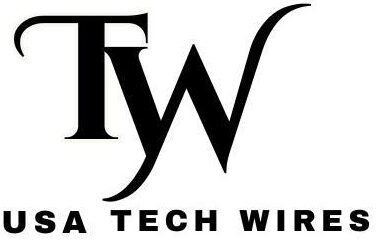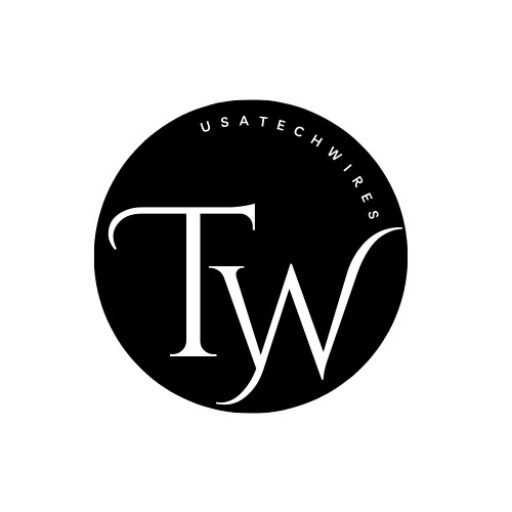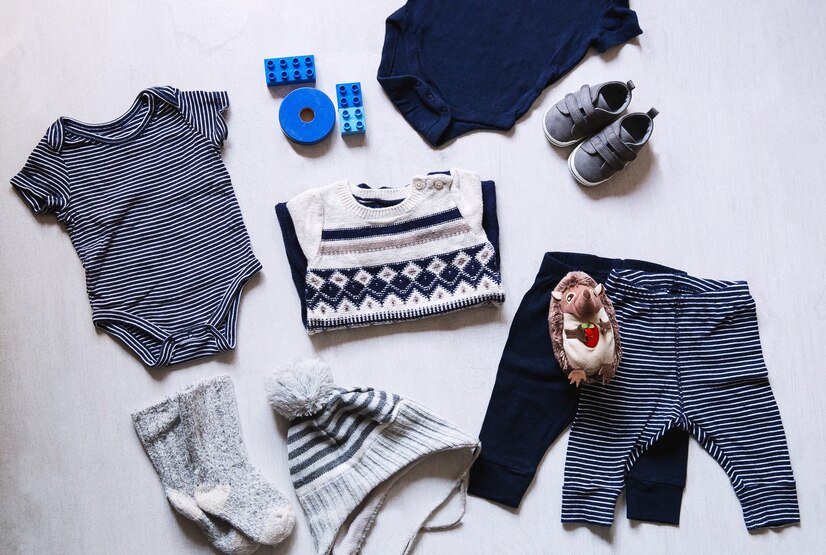Insights into the World of Jean Manufacturers, the Pillar of the Denim Industry
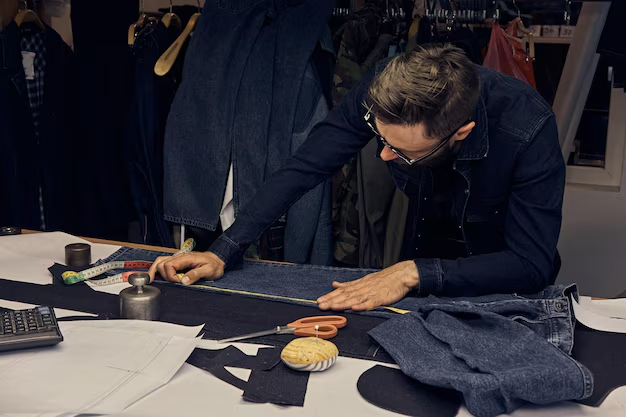
Table of Contents
Overview
Jean manufacturers are important stakeholders in the field of fashion as they influence the fashion trends and design the denim that most people cherish. The shifts in denim style from purely workwear to decorative pieces have been aided by jean manufacturers who embrace both quality and style. The various processes employed by jean manufacturers and their ensuing challenges as well as the directions of the future will be discussed in this article.
Jean Brand Manufacturers
It is evident that jean manufacturers are positioned in the very core of the production of one of the most common clothing items in the world. These activities include fabric purchasing, patterns creation, and quality control of the samples. Cotton, which is the most commonly used fabric in denim, is the critical material in producing any denim apparel. This means that the type of cotton materials used affects the final products. The most reliable jean manufacturers are those who use good quality cotton grown from healthy farms for maximum comfort in use.
Production Processes
The process involved in the mass underselling of jeans includes 4 main stages below:
1.Sourcing Materials
Jean manufacturers know the different types of fabrics, threads, and dyes suitable for the manufacture of jeans so as to choose the most ideal one. This category also includes the use of organic materials to lessen the amount of pollution created.
2.Design and Prototyping
The sample designs of the new styles drafted by designers are subjected to various tests including fitting testing, comfort tests and durability tests. In relation to this, jean manufacturers endeavor to produce different types of jeans to meet differing demands.
3.Cutting and Sewing
Once designs have been approved, the fabric is cut out and stitched up. Skilled tailors are recruited by jean manufacturers to produce quality stitching and finishing.
4.Washing and Finishing
Creatively placed stitches on patterns, raw denim is converted to jeans after washing techniques from blue back to new or ‘raw’ are applied sequentially. Within this stage of the outline, jeans manufacturers adopt efficient measures to reduce the usage of water and chemicals.
5.Quality Control
An important factor to bear in mind is quality assurance. In order to live up to the expectations of their clientele, jeans manufacturers ensure that a series of quality tests are put in place.
Sustainability in Jean Manufacturing
Achieved sustainable development has become a key subject in the dressmaking of jeans over the last decades. This industry is famously known for the degradation of the environment as it relates to impacts like water use to use of chemicals in pollution. However, several jean manufacturers are treating these issues in sustainable ways. Some of the examples are:
Water Conservation
Several finishing solutions such as the laser and ozone washing methods are able to save a lot less water as finishing techniques.
Recycling
More and more recycled materials are being used by jean manufacturers in their fabric work after the early stages of production as a part of environmental aims.
Ethical Labor Practices
There is considerable dedication in a number of jean manufacturers to the causes of just labor, where workers are treated and compensated without abuses.
The Evolution of the Manufacturers of Jeans
Similar to how consumer tastes change with time, manufacturers of jeans must also follow such radical changes. The upsurge in e-commerce has altered the manner in which jeans are promoted and sold. There is an evolution in the marketing capabilities of jean manufacturers who are turning to the digital world and creating more value through customization and more advanced marketing techniques.
As for the sustainability, this will also be a determinant of the future of the manufacturers of jeans. In the growing trend of sustainability, those companies that have more ethical production are in a better position to make it.
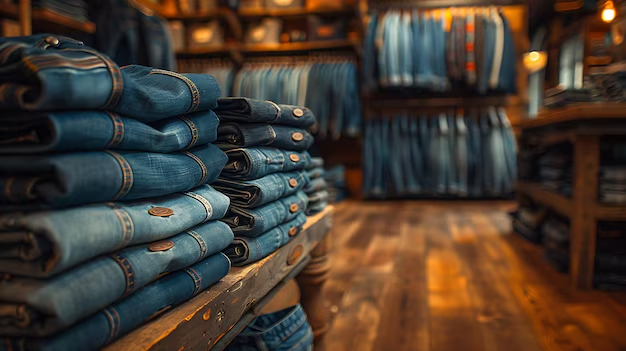
Conclusion
Manufacturers of jeans are a very important part of the fashion sector as they also help in the development of new products and proper management of the impacts of the manufacture of denim products. Consumers will work towards making the right choices of the jeans they buy based on their knowledge on how these manufacturers operate and their quality management systems. Jean manufacturers that are forward looking and focus on sustainability will be able to reorient their market in the changing global jeans market as it is likely to change in the near future.
FAQs
Q1: What are the primary duties of jean manufacturers?
A: Jean manufacturers have the responsibility of procuring raw materials, creating designs, managing the production process, and performing quality assurance.
Q2: What measures do jean manufacturers take to ensure sustainability?
A: Adoption of eco-friendly techniques is a responsiveness adopted by many jean manufacturers such as reduction of water use, recycling based materials and ethical practices of the workforce.
Q3: What is the extent of the impact of jean manufacturers to the environment?
A: Conventional approaches towards the production of jeans are associated with more negatives to the environment, but there are efforts by most of the producers to reduce such consequences.
Q4: How do I know that a jean manufacturer is sustainable?A: Create an easy way to look for and promote sourcing practices, ethical labor standards and laissez faire of these focuses in the branding and communication of jean manufacturers.
